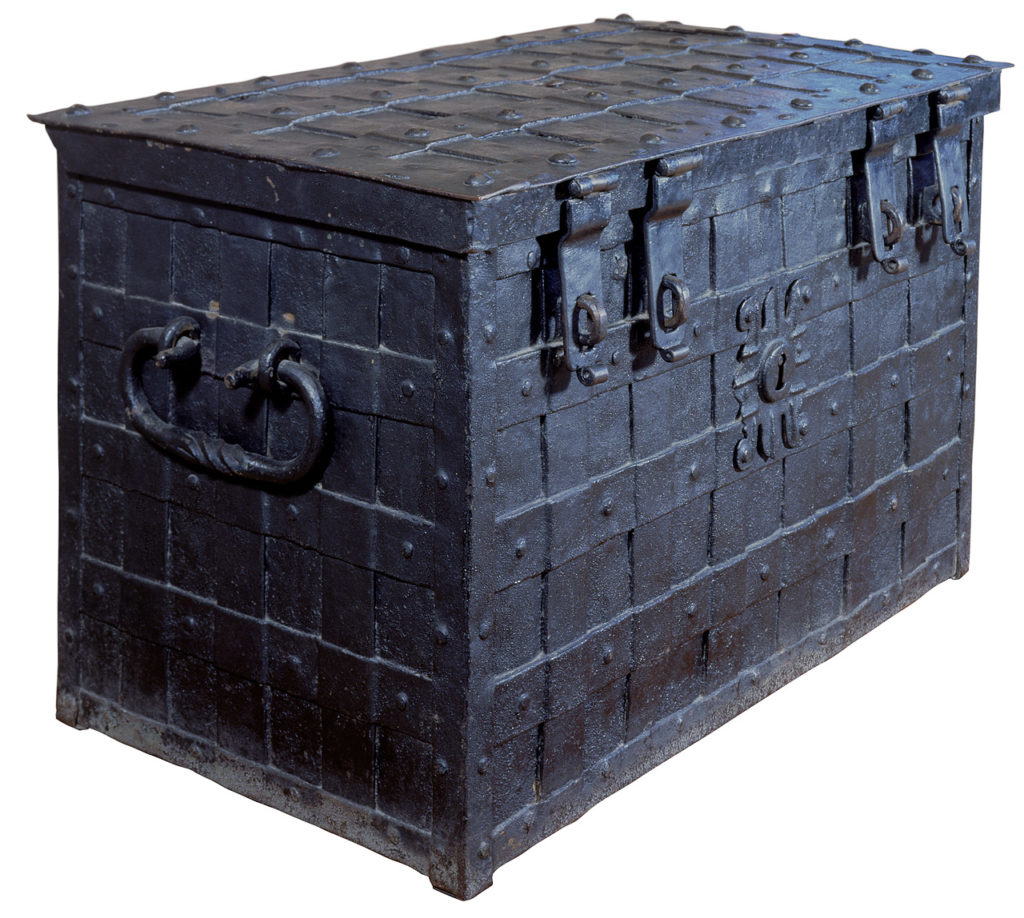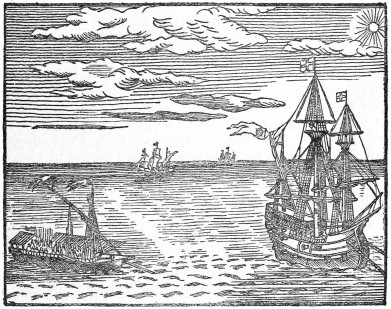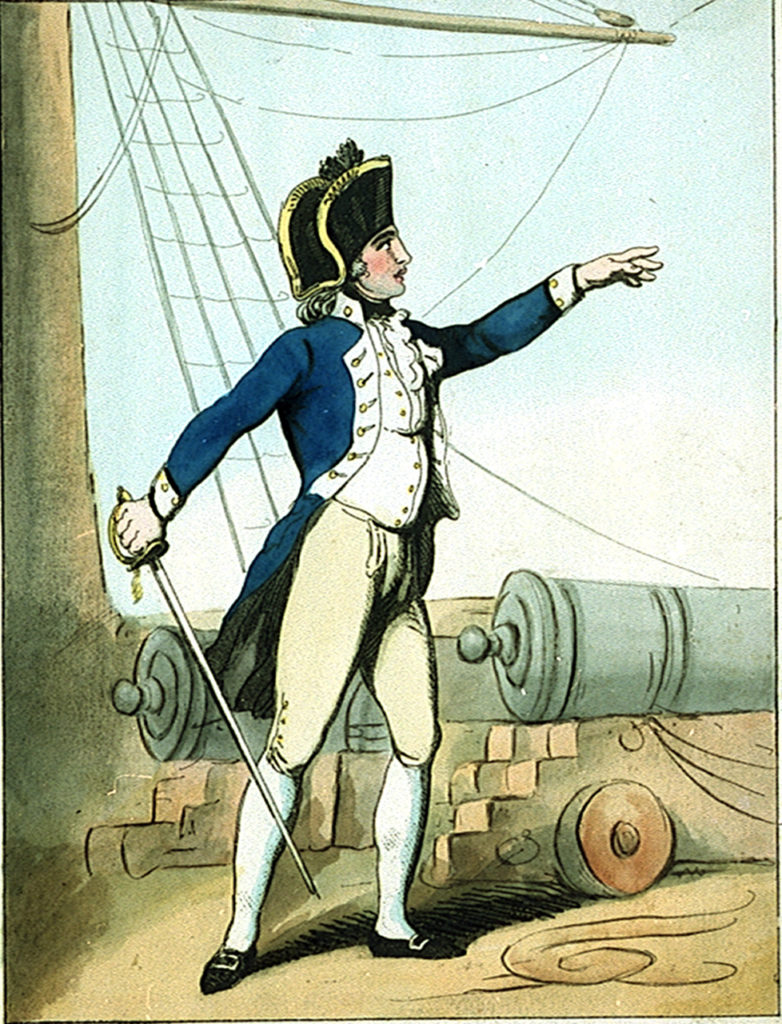I haven’t written many blog posts over the last year. I have taken on a new job and am trying to complete another degree. So, unfortunately, some of my family history time is currently being taken up. But, I have not stopped researching.
Currently, I am working on a talk for the Ryde District Historical Society (RDHS). I was at a conference where someone was giving a talk on resources from the U.K. Chelsea pensions came up and I thought, I know a bit about that. I can turn that into a much longer talk about Military Pensions in general and do that for the RDHS when I give my next talk. Little did I know!
When I first started to work on my talk I thought I would talk about the Chelsea pension but I had kept on reading about the fact that the Chelsea pension was only for those in the army. Yet, two of my most researched ancestors were from the Navy. They had pensions so I was confused. So the first thing I did was try to find out what there was for Navy people. I discovered the Greenwich Hospital and the Greenwich pension. Then, on further investigation, where once again, I had an ancestor that didn’t quite fit the bill, I found out about the Chatham Chest. So, now I am going to break up my talk into sections and try and give an overview of the Chatham Chest, the Greenwich Pension and Hospital and the Chelsea Pension and Hospital.

The Chatham Chest
The Chatham Chest was established in 1590 by Sir John Hawkins, Sir Francis Drake and Charles Howard, Earl of Nottingham, to provide pensions for wounded seamen in the Royal Navy. Pensions were payable according to the degree of severity of the injury that the seaman received. For example, £7 pa was paid in 1704 for half a limb lost but only £4 for the loss of a finger or thumb or an eye.
When a person was first injured they would receive a ticket called a ‘smart ticket’ to allow them to be provided with the first year of their pension effectively in advance. The term ‘Smart Money’ comes from this time.
Only those who paid into the chest were entitled to receive a pension from the chest if they were injured and how much they could pay varied depending upon what they earned. In general, every officer and Rating in the Navy was expected to pay 6d. But of course how easy that was depended upon the salary of the individual and whether or not the salary was being paid in the first place.
There were also fluctuations in how much the money in the chest was needed due to wars and of course, the chest was not free from corruption among those who looked after it. However, over the 224 years that the chest provided pensions it seems to have been relatively successful for many injured seamen. To find out more about the chest itself there is an excellent blog post here https://thedockyard.co.uk/top-ten-collections-chatham-chest/
In 1805 the administration of the chest and the chest itself were moved to the Greenwich Hospital.
My interest is, of course, to do with my ancestors. I was searching through ancestors who may have received benefits from the Greenwich Hospital when I came across Leonard Mosey. Leonard was baptised 8 July 1751 and buried 23rd of May 1793. So, his entire life was before the Greenwich pension. But, until I knew about the Chelsa Pension I didn’t know that there was any other sort of pension that someone could have. Then, when I found out about the Greenwich Pension it took a bit more hunting to find out about the Chatham Chest. So, it was only recently that I figured out that Leonard Mosey’s pension was from the Chatham Chest rather than anywhere else. This means that Leonard had to travel to Chatham every single year to obtain his pension. That alone is an interesting challenge for someone who lived in Yorkshire.
I first found out about Leonard Mosey’s time in the Royal Navy when I found the details of his marriage. Leonard was married to Mary Dehane on the 2nd of May 1781 in Kildwick Parish, Yorkshire.

Of course, I wanted to know more. I found some very limited information under the 1790 Universal Directory of Great Britain Index, which no longer seems to exist. But not really much. I did find that Leonards pension was that of 5s per day.
Eventually, I did a general search for Leonard Mosey in google books and came up with-
Lieutenant Leonard Mosey, late of His Majesty’s galley Cornwallis, in consideration of his sufferings, who on the 16th of November 1777, in the attack of Mud Island received a cannonball from the battery, and was thereby much wounded, and entirely lost the use of his right arm, so far as the shoulder.
13 Oct 1779 (date of Orders) 100 pounds.
Pensions Google Books, 1828. Parliamentary Papers: 1780-1849, Volume 17, Great Britain. Parliament. House of Commons, H.M. Stationery Office. Digitised 15 Sep 2014. Accessed 11th Dec 2016https://books.google.com.au/books?id=RbpDAQAAMAAJ&pg=RA2-PA14&lpg=RA2-PA14&dq=Captain+Leonard+Mosey&source=bl&ots=8BZP9vfwR7&sig=ZuPryMw-9gyzFw2HMl0oljDiyzI&hl=en&sa=X&ved=0ahUKEwiq__Wz2unQAhXJI5QKHS5nCfcQ6AEIGTAA#v=onepage&q=Mosey&f=false

Unfortunately, I have been able to find very little else about Leonard Mosey in the Chatham Chest documents. The books are available to look through on FindMyPast but they are unindexed and it is extremely difficult to figure out what book is likely to have what information, or when that information is likely to be in the books. The one book that was alphabetized and covered the time that Leonard was on their books, does not seem to have his name. The remaining books may well have his name but his details are not on the date of the Orders or on the date of his accident. So, although I have searched further, I have not yet found more information.
The Chatham Chest books are kept under the name of the Greenwich Hospital Books.
However, based on a declaration, made after Leonard Mosey’s death on the 31st of December 1793, it is obvious that Leonard was having trouble obtaining his pension.
“First these Declarants declare that they have been informed and believe that there was the sum of nineteen pounds or thereabouts due to the said deceased at the time of his death for half-pay as a Lieutenant in his Majestys Navy but they protest against being charged therewith until they shall receive the same.”
“Also these Declarants declare that they have been informed and believe that the sum of thirty-seven pounds or thereabouts was due to the said deceased at the time of his death for Pension Money but they protest against being charged therewith until they shall receive the same.”
National Archives United Kingdom PROB_31_843_844
So, what we can tell about Leonard Mosey from the pension records that I have been able to find?
Leonard Mosey was in the navy for a relatively short period of time. He can’t have been there for long as he was injured in 1777 and received his pension, due to that injury in 1779. Leonard was married two years later and was only 30 years old at that time. It is possible that Leonard was still in the navy at this time, but unlikely given he was allocated a pension. If he was able to work in the navy he would not have been granted a pension.
Leonard had been injured at the Battle of Mud Island. The battle of Mud Island was a battle that occurred in the American War of Independence. Instead of me giving an account of the Battle of Mud Island, part of the Siege of Fort Mifflin, I am including a video that will describe the situation much better than I can.
For more information on what the people on the Galley Cornwallis was doing during the ‘American Revolution’ the Naval documents can be read here-https://books.google.com.au/books?id=SR7jucF7h9UC&pg=PA324&lpg=PA324&dq=%22Galley+Cornwallis%22&source=bl&ots=LzvNxgqLqy&sig=ACfU3U1HxbDWaDcIBd2Mr9Av2163DexkKA&hl=en&sa=X&ved=2ahUKEwjjuM3oupHnAhXNQ30KHY3hCsAQ6AEwAXoECAoQAQ#v=onepage&q=%22Galley%20Cornwallis%22&f=false
